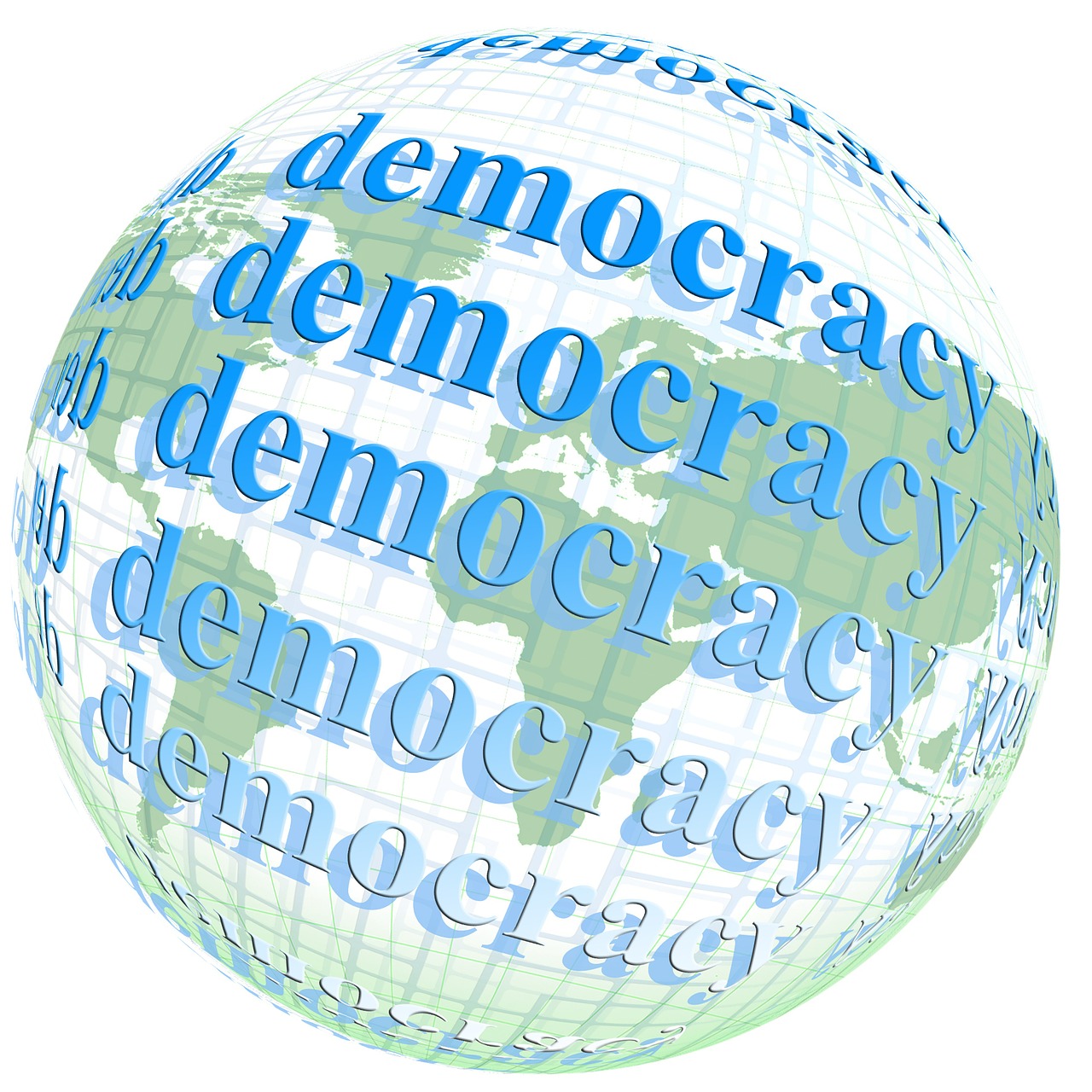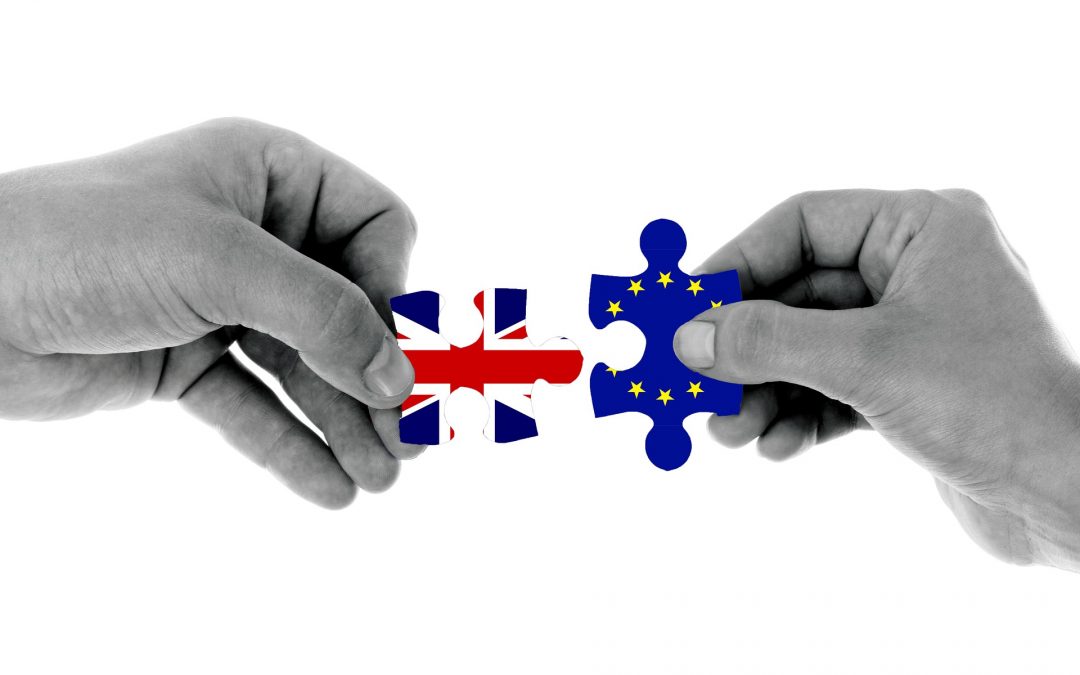
Elon Musk’s war on ‘free speech’ and truth – should Britain consider banning X?
Musk’s social media platform X fuels disinformation, hate, and political interference. How long can his ‘free speech’ hypocrisy go unchecked? Bremain Vice Chair Lisa Burton writes for Yorkshire Bylines.
Addicted to his own platform, free speech hypocrite and walking God complex Elon Musk, is clearly indulging in political interference on a vast scale. Search ‘ban X’ on BlueSky or X. You will see growing calls for governments to act against X for its role in disinformation and Musk’s recent attacks on sovereign nations and their elected politicians.
Musk supports free speech, his advocates say, but there are glaring contradictions amongst the ‘free speech’ warrior brigade. Firstly, their rampant hypocrisy. They support free speech when it works for them and attack those who use it to condemn them. The facts prove that Musk himself is a free speech hypocrite who has his own posts amplified by his algorithms x1,000, threatens to sue companies that refuse to advertise on his platform, and shuts down and censors accounts that disagree with him.
But his ‘free speech’ hypocrisy doesn’t register with his followers. Blatant misinformation is not ‘free speech’ either, and his supporters seem to have no issue either with this or his ‘foreign interference’ purely because it supports their cause.
Here is Nigel Farage giving us a masterclass in hypocrisy:
2024: Nigel Farage, "Elon Musk is fully behind us.. He wants to help us.. He is not opposed to give is money"
2018: Nigel Farage, "George Soros has attempted to change the political climate in Britain"
HT @adamjschwarz.bsky.social good finds 👏
— Farrukh (@implausibleblog.bsky.social) 19 December 2024 at 23:16
Free speech is not free from consequence
Free speech is not free from consequence. The term has been hijacked and distorted by the populist hard right. What they desire is the ability to lie blatantly, spread fake ‘news’, use racist, sexist, and violent rhetoric, sway elections and government policy, and coordinate online and personal attacks on people, media and groups of people they disagree with. Well, that’s not how it works, and Musk is walking a tight rope, both personally, and by his flouting of various countries’ online safely laws.
There’s nothing to stop you saying someone’s committed a crime when they haven’t; you can request that people take violent action against someone; you can call for someone to be killed, or scream ‘fire’ in a crowded cinema. But all these things fall outside the allowed parameters of free speech and are criminal. The wider safety of communities and individuals must be considered, and these laws exist to protect us all.
Inciting violence is not free speech. Hate speech is not free speech. Sending false or threatening communications is not free speech. They are crimes, online or off.
Musk’s misinformation and misogyny
There is no function of X to report fake news anymore, which is intentional. For some time, Musk has been sharing misinformation and disinformation on X. As a result, universities and other higher education establishments, political parties, journalists and many police forces have joined a retreat among British institutions from the X social media platform. They have been declining further engagement, citing its role in spreading misinformation and content that promotes violence.
For example, US election analysis showed that Musk’s debunked and misleading election claims were viewed more than two billion times on X. And last December, he endorsed a post referring to Americans as ‘retarded’, in respect to the H-1B visa, and has even used the term himself.
It is also claimed that Musk, who has previously been accused of sexual misconduct, “knowingly and purposefully created an unwelcome hostile work environment based upon his conduct of interjecting into the workplace vile sexual photographs, memes, and commentary that demeaned women and/or the LGBTQ+ community” and other vile things mentioned here.
Musk’s attacks on Jess Phillips
Posting sometimes hundreds of times a day, the vast majority of Musk’s social media communications ignore factual evidence. And his continued attacks on Britain have been relentless since Labour came to power.
At the beginning of 2025, he attacked Keir Starmer’s safeguarding minister Jess Phillips, describing her as a “rape genocide apologist” and “an evil witch” who should be in jail. This was after Phillips rejected Oldham Council’s calls for a government inquiry into the so-called ‘grooming gangs’ scandal in Oldham, saying that Oldham should “take its own approach”. To date, there have been several local and national inquiries into group-based child sexual exploitation, including an “ongoing major enquiry” commissioned by Andy Burnham on behalf of the Greater Manchester Combined Authority.
Phillips has spent most of her career working with survivors of domestic violence, sexual violence and human trafficking. Before becoming an MP, she ran a women’s shelter. Speaking about Musk’s attacks, she said it was “painful” to watch child sexual exploitation becoming a “political football”. Many of Musk’s 200+ million followers believe what he tweets. This puts Phillips – who already receives an incredible volume of abuse and death threats – at risk of serious harm.
VD: “As a result of some of Elon Musk’s tweets, the threat to you has gone up?”
JP: “Yes…”@vicderbyshire speaks to Jess Phillips about Elon Musk’s attacks about her response to grooming gangs in the UK, adding his comments are “endangering” her.#Newsnight pic.twitter.com/WZhLPPKegu
— BBC Newsnight (@BBCNewsnight) January 7, 2025
Starmer and grooming gangs
Musk has accused Starmer, the UK prime minister, of “hiding terrible things” and has called for him “to go to prison” regarding grooming gangs. But nearly every aspect of his commentary in recent days has been false.
He claims that the story of grooming gangs has been covered up. While this was certainly the case when the offences first started being reported more than 20 years ago, the media have reported on it extensively for many years and there have been multiple inquires.
He claims Starmer failed to address it when he was director of public prosecutions. Yet Starmer dedicated his career to pursing offenders and as the Independent reports, “the Tories found no evidence [he] soft-pedalled on prosecuting the gangs who groomed and raped vulnerable girls”. Andrew Norfolk, the investigative reporter who initially did so much to uncover the story and won awards for it, said recently: “I want to put the record straight on this … It was Starmer who changed the rules to make more prosecutions possible.”
Starmer has admitted that mistakes were previously made, but he put provisions in place to correct them, and, under his tenure, went on to deliver a record number of convictions for sexual assault. He also worked hard to “challenge myths and stereotypes” that had prevented victims and survivors of sexual assault from being heard.
It’s evident that Phillips and Starmer have done more to protect women and girls than figures like Farage and Musk who appear to be attempting to use the victims for political gain.
Some commenting on child sexual abuse following some “intervention” from the USA
They might want to consider that Starmer left office with the highest number of convictions for child sexual abuse since records began
100s more abusers brought to justice
1000s more victims heard pic.twitter.com/txniZSnmmp— nazir afzal (@nazirafzal) January 5, 2025
Why is Musk attacking Europe and Britain?
Musk has also attacked other European countries and leaders, particularly Germany, where he has voiced his support for Germany’s far-right party Alternative for Germany (AfD), some sections of which have been designated “right-wing extremist”.
What is really behind these attacks? It’s no coincidence that the EU is cracking down on online misinformation. A law was enacted in 2022 to require companies that have at least 45 million monthly users to put in place systems to control the spread of misinformation, hate speech and terrorist propaganda, among other things, or risk penalties of up to 6% of global annual revenue or even a ban in EU countries. The UK is working on similar protective laws.
So Musk is not happy. But he’s also upset by the fact that Labour has said the UK government will continue to use X for official communications but will withdraw paid-for advertising on the platform. This happened after Musk attacked Labour and Starmer and was called out by the Telegraph for a fake story on ‘detainment camps’. Under the Conservatives, Whitehall departments spent £5.4mn on X adverts in 2022.
The man-child Musk is throwing a strop.
X has been restricted and banned in other countries
Caught between the restrictions of authoritarian regimes and the investigations of democratic countries, X has found itself blocked to some extent or other by 37 countries since 2015. Last year, Brazil’s supreme court ordered a nationwide ban on X after it failed to name a legal representative in the country and failed to suspend accounts for allegedly spreading misinformation.
So it’s certainly possible to ban X, particularly if Musk refuses to comply with local laws or if intelligence agencies deem him to be a threat to national security. Indeed, counter-extremism units in the UK are now probing Musk’s tweets, with experts saying Musk’s social media activity “comfortably sits within any definition of an extremist”.
Should the UK ban X?
There are differing opinions on this. Yes, Musk is a threat to democracy and his goading of the UK and Europe is intentional. It wouldn’t be surprising if his aim is indeed to force governments to take action against X; but we shouldn’t. Banning or restricting X will only give him and the others the ammunition they so dearly crave to say the UK is authoritarian or doesn’t believe in ‘free speech’.
What the UK needs to do urgently, along with other countries en masse, is to get to grips with social media companies in general to ensure they comply with online safety laws. The evidence that they have been corrupting democracies and allowing political interference in elections is abundantly clear. Their role in causing societal division is also apparent and only going to worsen.
Money talks – social media companies should be heavily fined and made to conform to existing laws. Governments should urgently look at enacting laws similar to those that publishers have to follow, while ensuring platforms have robust mechanisms in place to report and remove disinformation quickly. Until they do, the way these companies are run means there is currently no such thing as a free or fair democracy.











